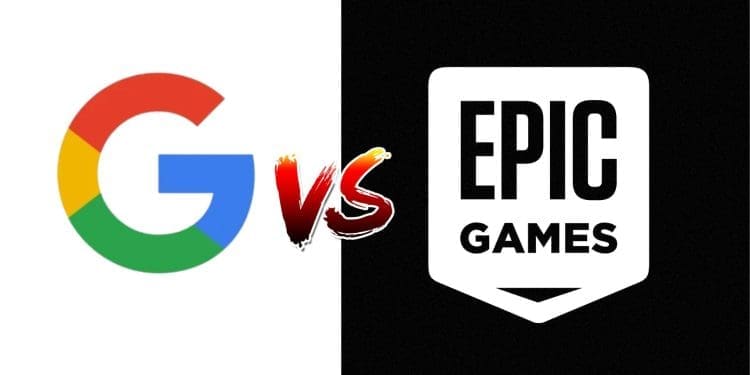- Epic Games sued Google in 2020 alleging the company abused its dominant position in app stores to generate excessive profits from developers. A jury recently ruled in Epic’s favor.
- The jury found Google violated antitrust law through unfair business practices related to its app store, though it did not find Google guilty of illegal monopoly maintenance.
- While Google plans to appeal, the verdict represents a rare loss for the company as it faces growing legal scrutiny of its market power across its businesses.
Google recently lost an antitrust lawsuit filed by Epic Games over the market power of its app store. This marks a significant blow for the tech giant as it faces other legal challenges related to search dominance and digital advertising practices.
Details of the Lawsuit
In 2020, Epic Games sued Google alleging it abused its dominant position to generate excessive profits from app developers. On Monday, a San Francisco jury reached a unanimous verdict in Epic’s favor after less than four hours of deliberation.
The videogame company argued that Google’s Play Store policies were anticompetitive, particularly the requirement for developers to use Google’s in-app payment system which takes a 30% commission on transactions. Epic tried to bypass the Play Store’s payment processing by implementing its own system, leading Google to remove the popular Fortnite game from the store.
Implications of the Verdict
The verdict represents a rare loss for Google in its antitrust battles across the globe. While the jury did not find Google guilty of illegal monopoly maintenance, it did agree the company violated California antitrust law through unfair business practices related to its app store.
This outcome could embolden other app developers to pursue their own cases against Google’s commissions and strict Play Store rules. It also keeps the pressure on lawmakers currently considering legislation to regulate app stores.
Google plans to appeal the decision. However, this case reinforces ongoing scrutiny of Big Tech’s market power. Google faces other lawsuits in the U.S. and abroad focused on various aspects of its business, including search, advertising technology, and Android mobile operating system. While Google may be able to contain the financial damage from individual cases like this one, the cumulative impact of the legal onslaught could force meaningful changes to its business practices.
Conclusion
The Epic Games verdict deals a blow to Google in the app store antitrust battle. While the outcome does not dramatically alter the status quo, it represents another dent in the company’s legal armor as it confronts multiplying challenges to its market dominance. This ruling will likely inspire more developers to take on Google’s app store policies while fueling the push for regulatory action.














